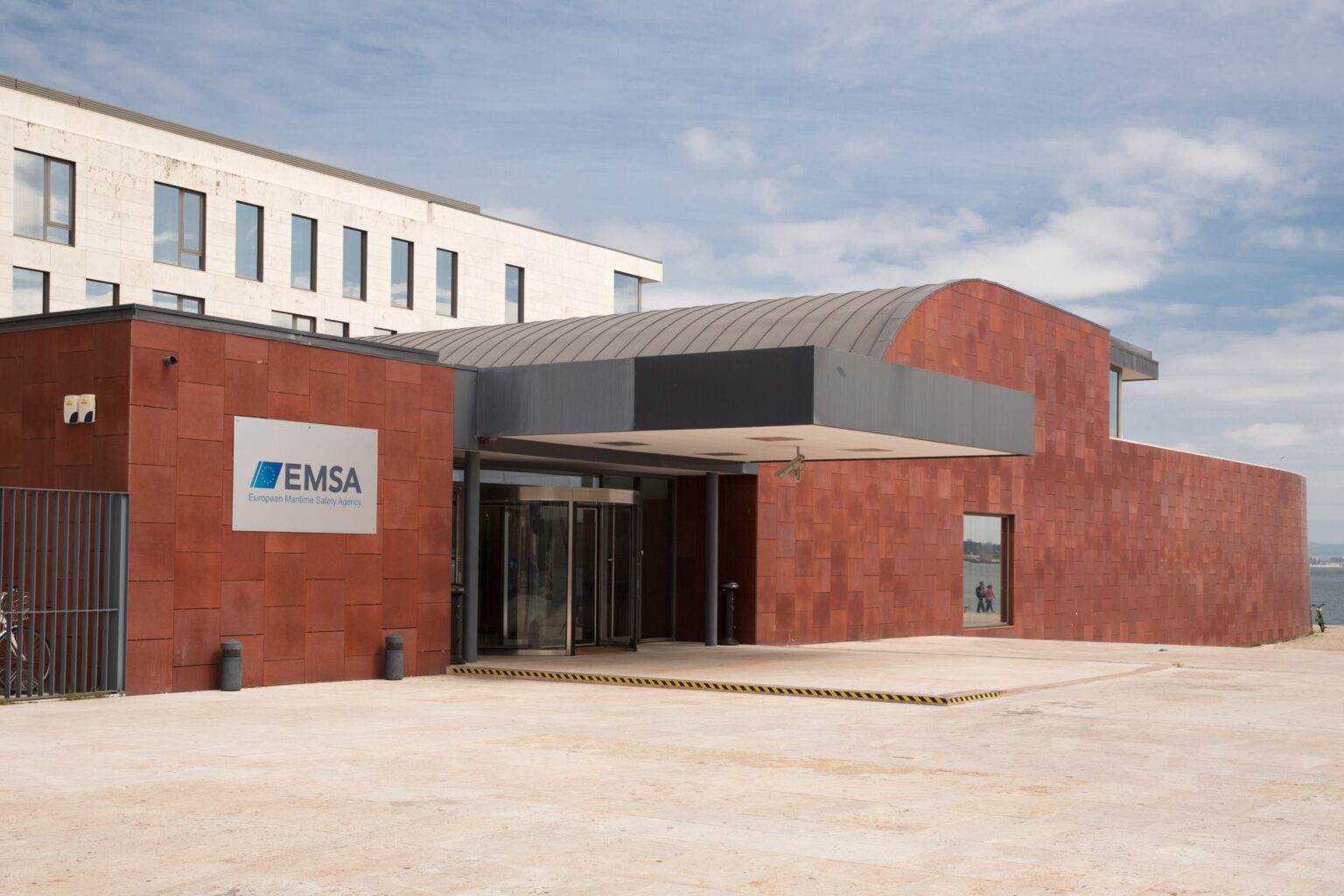Hurry Up And Wait?
Synthetic fuels must overcome technical and economic hurdles before they can play a viable role in decarbonisation, writes Konstantinos Voutzoulidis of classification society ABS

The maritime industry is facing several substantive challenges, mostly driven by increasingly strict air emissions and climate legislation.
Among the broad spectrum of technology and fuel solution pathways presently available to ship designers, builders, owners and operators – synthetic fuels or, more specifically, renewable e-fuels – offer medium and long-term alternatives that can enter the market relatively quickly, if the certain challenges analysed below are suitably addressed.
On a Well-to-Tank basis, they also offer the potential to reduce the carbon output of their fleets to zero, or very close to it. Among the synthetic fuels, e-ammonia, e-hydrogen, e-diesel, e-methane and e-methanol are expected to see the largest uptake by the shipping industry.
Research undertaken by ABS and CE Delft for EMSA1 considered each fuel in turn, the latter three, namely e-diesel, e-methane, and e-methanol, are considered in more detail here.
Production and Sustainability
For these three e-fuels, direct air capture (DAC) is required for all the production pathways. Since DAC is an immature technology, none of the e-fuel production pathways is currently technologically advanced enough to enter the market. In addition, some of the production routes for these e-fuels consideration require further technological advancements to enter the market.
The volume of life cycle greenhouse gas (GHG) and air-pollutant emissions generated by using e-fuels for shipping is considered significantly lower than those produced by fossil fuels. However, to produce e-fuels on a significant scale, large amounts of land are needed for wind and solar parks; this is becoming a challenge as it competes with agriculture and biodiversity conservation efforts.
In parallel, the construction and operation of wind farms may adversely affect the habitats of birds and bats. Areas with large amounts of sun, wind and water resources, and large areas with deserts are therefore seen to be suitable locations to establish large production of e-fuels. Lastly, materials for manufacturing wind and solar parks, electrolysers and other systems will also be required to produce e-fuels, potentially also generating negative environmental impacts.
Capacity and Availability
To ensure the large-scale production of e-fuels for the maritime industry, a tremendous expansion in the number of renewable-electricity plants, electrolysers, direct air capture plants and e-fuel synthesis plants will be needed. Whereas the projected global growth in renewable-electricity production could prove large enough to serve the demand for e-fuels
of the commercial fleet in 2030, electrolysis capacity, e-fuels synthesis capacity and DAC capacity are not expected to
keep pace.
Furthermore, the shipping sector will need to compete with all other sectors for the renewable electricity, green hydrogen and renewable carbon dioxide (CO2) required for e-fuels production.
The full transition of the global maritime sector to e-fuels will require a significant expansion of industry’s capacity to produce renewable electricity, electrolysers, DAC and e-fuels synthesis plants. An analysis of the required and available capacity for the different e-fuel production segments indicates that the largest restraint on expanding e-fuel production capacity is the development of DAC capacity.
Because DAC is the least developed technology it is likely to offer the longest delay before being ready for mass deployment. In addition, the costs of producing CO2 from DAC are still prohibitively high. In the short to medium term, however, this restraint could be eased by using biogenic CO2, another
form of renewable CO2.
TCO and the Business Case
ABS & CE Delft have calculated the Total Cost of Ownership (TCO) for e-methanol-, e-diesel- and e-methane-powered newly built vessels.
In 2030, a low-cost estimate appears to be approximately 45-85% higher than ships running on conventional fuel oils, with the use of e-diesel representing the upper end and e-methane the lower end of the cost range.
In 2050, the TCO of newly built e-fuel-powered ships ultimately could reach a lower cost level than those powered by conventional fuel oil. This is because the cost of e-fuels is expected to decrease significantly, and carbon costs will be applicable.
This means that e-fuels have the potential to play a major role in shipping in the long term, especially since the production varied inputs for e-fuels are not scarce if production techniques are deployed at large-scale.
The results of a retrofitting cost case for a small container ship show that, depending on the fuel prices and the investment time, the shipowner may benefit from retrofitting some existing ships to use (a blend of) e-fuel.
The business case for e-fuel-powered vessels also will be dependent on developments in the global price of fuel oil. If fossil fuel prices continue to rise, the cost gap between the TCOs for using conventional fuels and e-fuels may be closed.
Regulations Are Supportive
Synthetic fuels, including e-fuels, can be considered ‘drop-in’ fuels, and are expected to replace fossil fuels in the future. The existing standards and regulations, as well as ongoing regulatory developments, industry guidance and best-practice publications are, to some extent, expected to facilitate their adoption as marine fuels. However, for wide adoption of these fuels to be realised, further developments will be needed.
At the same time, the basket of measures introduced by the European Commission under its ‘Fit for 55’ initiative sets, among others, specific targets for renewable fuels of non-biological origin.
IMO has set new levels of ambition based on Well-to-Wake emissions. Among others, there is an ambition at the IMO to increase the uptake of zero or near-zero GHG emission technologies, fuels and/or energy sources, until they will represent at least 5% (striving for 10%) of the energy used by international shipping in 2030. All these developments are expected to support the uptake of synthetic fuels.
However, without global policy measures to either bridge the price gap or to encourage ships to use green fuels, a transition towards e-fuels with zero-CO2 impact is unlikely to accelerate at the desired speed and scale in the next decade. Stimulation of market demand for carbon-free maritime transportation could be a complementary or an alternative way to achieve a transition towards green fuels.
get
in touch

Constructive Media
Constructive Media
Hornbeam Suite
Mamhilad House
Mamhilad Park Estate
Pontypool
NP4 0HZ
Tel: 01495 239 962
Email: ibia@constructivemedia.co.uk

On behalf of:
IBIA London Office
Suite Lu.231
The Light Bulb
1 Filament Walk, Wandsworth
London, SW18 4GQ
United Kingdom
Tel: +44 (0) 20 3397 3850
Fax: +44 (0) 20 3397 3865
Email: ibia@ibia.net
Website: www.ibia.net

Emails
Publisher & Designer: Constructive Media
ibia@constructivemedia.co.uk
Editor: David Hughes
anderimar.news@googlemail.com
Project Manager: Alex Corboude
alex@worldbunkering.net
